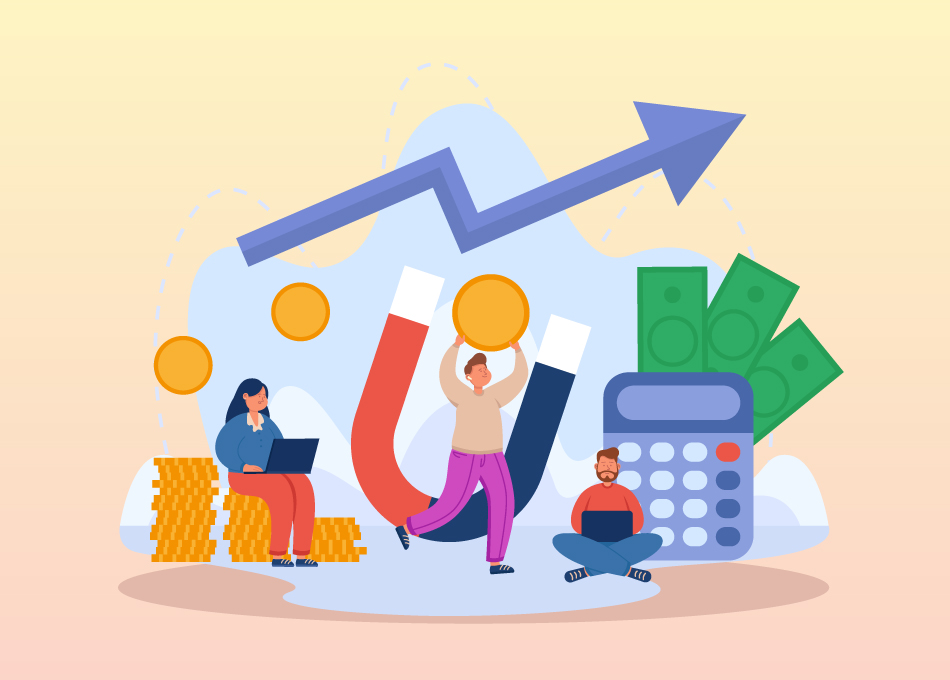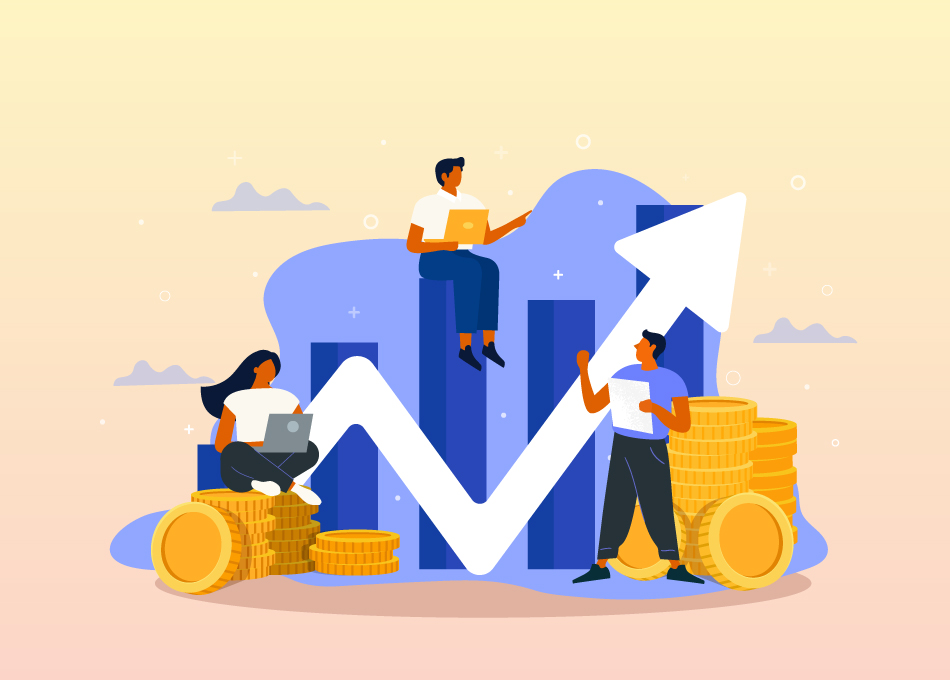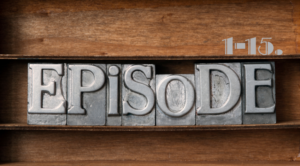Personal Loan vs. Credit Card: Which is Better for Debt Consolidation?
Debt consolidation is a strategy that helps you combine multiple debts into a single payment, making it easier to manage and often reducing the overall interest you pay. In India, two popular options for debt consolidation are personal loans and credit cards. Both have their advantages and drawbacks, and choosing the right one depends on your financial situation. In this blog, we’ll compare personal loans and credit cards to help you decide which is better for consolidating your debts.
What is Debt Consolidation?
Debt consolidation involves merging multiple debts into a single loan or payment. This strategy can simplify your financial life by reducing the number of payments you need to make each month and potentially lowering the interest rate on your debts. The two most common ways to consolidate debt are through a personal loan or a balance transfer on a credit card.
Personal Loans for Debt Consolidation
A personal loan is a type of unsecured loan that you can use for various purposes, including debt consolidation. When you take out a personal loan, you borrow a fixed amount of money and agree to repay it over a set period with fixed monthly payments.
Pros of Using a Personal Loan for Debt Consolidation
- Fixed Interest Rates: Personal loans often come with fixed interest rates, which means your monthly payments remain the same throughout the loan tenure. This predictability makes it easier to budget and plan your finances.
- Lower Interest Rates: Personal loans typically offer lower interest rates compared to credit cards, especially if you have a good credit score. This can save you money over the life of the loan.
- Fixed Repayment Schedule: With a personal loan, you have a clear repayment schedule. You’ll know exactly when your loan will be paid off, which can give you peace of mind.
- Single Monthly Payment: By consolidating your debts into a personal loan, you replace multiple payments with a single, easy-to-manage payment. This simplifies your financial obligations and reduces the risk of missing payments.
- No Collateral Required: Personal loans are usually unsecured, meaning you don’t have to provide collateral such as property or assets to get the loan. This reduces the risk on your part.
Cons of Using a Personal Loan for Debt Consolidation
- Qualification Requirements: To qualify for a personal loan with a low-interest rate, you generally need a good credit score and a stable income. If your credit score is low, you may face higher interest rates or difficulty getting approved.
- Fees and Charges: Personal loans may come with processing fees, prepayment penalties, or other charges that can add to the cost of borrowing.
- Longer Repayment Period: While a longer repayment period can lower your monthly payments, it also means you’ll be in debt for a longer time, which could lead to paying more interest overall.
Credit Cards for Debt Consolidation
Credit cards, particularly those offering balance transfer options, can also be used for debt consolidation. A balance transfer involves moving your existing credit card debt to a new card with a lower interest rate, often as low as 0% for an introductory period.
Pros of Using a Credit Card for Debt Consolidation
- Low or 0% Introductory Rates: Many credit cards offer promotional 0% interest rates on balance transfers for a limited period, often ranging from 6 to 18 months. This can give you time to pay off your debt without accruing additional interest.
- Flexible Payments: Credit cards offer flexible repayment options, allowing you to pay more when you can or just the minimum amount when funds are tight. This flexibility can be beneficial if your income varies from month to month.
- Convenience: Credit cards are widely accepted and can be used for ongoing expenses while you work on paying down your balance. This can be convenient if you need to manage both existing debt and new expenses.
- No Collateral Required: Like personal loans, credit cards are unsecured, so you don’t need to provide collateral to consolidate your debt.
Cons of Using a Credit Card for Debt Consolidation
- High-Interest Rates After Introductory Period: If you don’t pay off the transferred balance within the introductory period, the interest rate can jump significantly, often to 15-25% or higher. This can negate the benefits of consolidation.
- Risk of Accumulating More Debt: Using a credit card for debt consolidation requires discipline. If you continue to use your credit card for new purchases without paying down the balance, you could end up deeper in debt.
- Balance Transfer Fees: Credit cards usually charge a balance transfer fee, which is typically 2-4% of the amount transferred. This fee can add to your overall debt load.
- Minimum Payment Trap: If you only make the minimum payments on your credit card, it could take years to pay off the debt, and you’ll pay a lot more in interest over time.
Personal Loan vs. Credit Card: Which is Better?
The choice between a personal loan and a credit card for debt consolidation depends on your financial situation, credit profile, and how disciplined you are with your spending.
- Choose a Personal Loan if:
- You have a good credit score and can qualify for a low-interest rate.
- You prefer fixed payments and a clear repayment schedule.
- You want to avoid the risk of high-interest rates after an introductory period.
- Choose a Credit Card if:
- You can pay off the debt within the 0% interest introductory period.
- You need flexibility in your payments.
- You can avoid accumulating new debt on the card.
Conclusion
Both personal loans and credit cards can be effective tools for debt consolidation, but they serve different purposes and come with their own sets of pros and cons. If you have high-interest debts and need a clear repayment plan, a personal loan might be the better option. However, if you can take advantage of a 0% interest offer and are confident in your ability to pay off the balance quickly, a credit card could be the way to go. Evaluate your financial situation, compare the costs, and choose the option that best helps you manage and eliminate your debt in India.













Post Comment